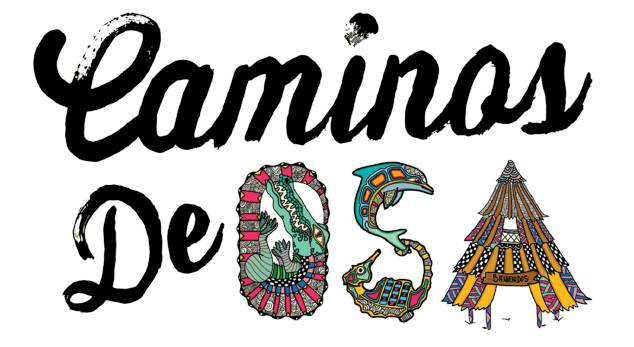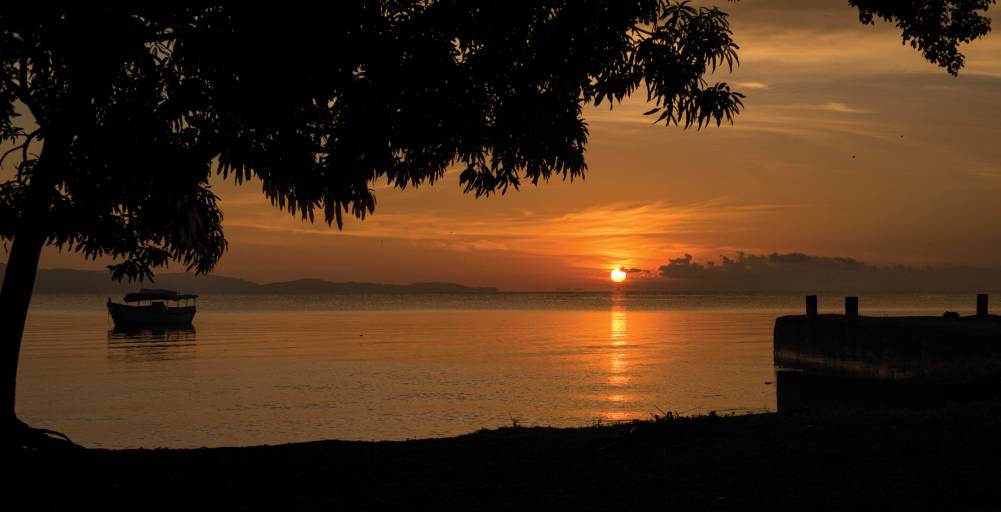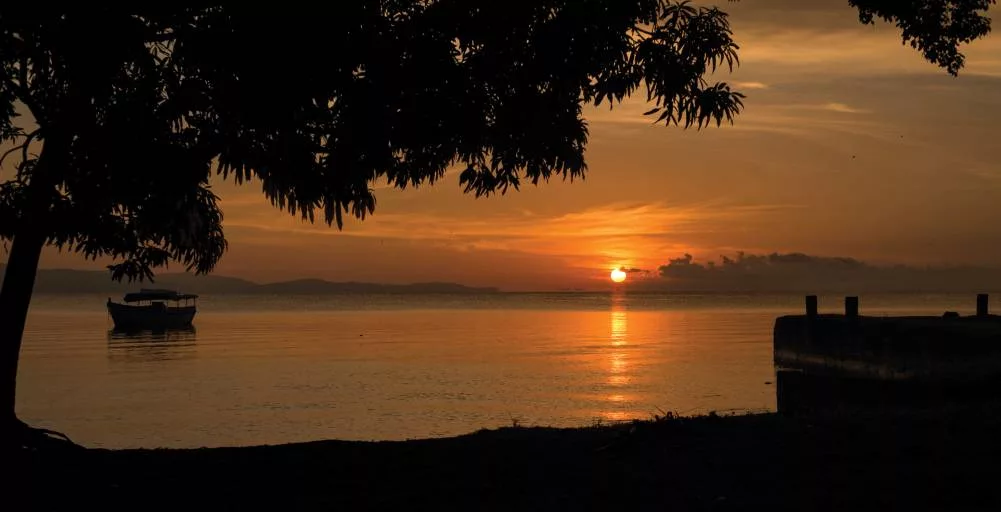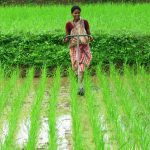

While travel can be one of the prime vehicles for lifting ourselves out of the daily grind, boosting creativity, and seeing the world through new eyes, the informed traveler is sensitive to the fact that these experiences can occur at great cost to the destination if not managed properly. This awareness has given rise to a number of resorts and hotels that cater to the conscious consumer by taking steps to minimize their impact on the environment, but what about the social implications?
This more holistic perspective on sustainable tourism inspired a new travel outfit — Caminos de Osa, in Costa Rica — that protects the ecosystem in the rural Osa Peninsula while simultaneously working to increase income for area residents. The organization began in 2014 through the partnership of the National System of Conservation Areas — part of the Ministry of Environment and Energy in Costa Rica, the CRUSA Foundation, the Stanford Woods Institute, and local sustainable consulting firm Reinventing Business for All (RBA). Recent winner of the Best Active Tourism Product award in the Adventure category in a competition organized by Spain’s International Tourism Trade Fair and Aire Libre magazine, Caminos de Osa has developed best practices for the tourism industry that will inform the future of sustainable travel:
1 BUILD RESILIENCE FROM THE GRASSROOTS
Social networks are one of the primary resources the poor have for managing risk and vulnerability, and with poverty rates in Osa exceeding national averages at 35 percent, harnessing these networks is key to the longterm success of development in the region. While the initial goal of the project was to increase income and quality of life for people in the region without compromising the integrity of the marine and terrestrial ecosystems, Cami-nos de Osa knew success was dependent upon more than just business skills training; it would require committed buy-in from the locals. Workshops led by RBA gathered 35 community leaders to identify social capital and articulate regional identity in the Osa region, with the goal of communicating unique cultural identity as one of the primary local assets alongside natural resources.
2 CREATE SMALL BUSINESS NETWORKS
Beyond the environmental impact of travel, the distribution of economic benefit in the host country can be detrimental if not managed equitably. The power in the Caminos de Osa model lies in the network of trails that ties multiple business owners — restaurateurs, hostel owners, transportation providers — together and markets their services as part of a holistic, packaged experience. The result amplifies benefits to small-scale entrepreneurs who would otherwise lack the resources to reach a broader audience on their own. The workshops provided through RBA include leadership training and business skill development, which ensure that visitors are met with consistent level of service throughout the trip. According to Daniel Villafranca, general manager of RBA and executive director of the Caminos project, “It is not just about providing opportunity, it’s about cultivating the capacity, the mindset, and skills to fully benefit from that opportunity.”
3 GENERATE SHARED VALUE BETWEEN PEOPLE AND PLANET
The Osa Peninsula is home to the 164-square-mile Corcovado National Park, harboring 2.5 percent of the world’s biodiversity and attracting more than 48,000 visitors annually. Unfortunately, research indicates that the density of human traffic is threatening the integrity of the natural habitat for the park’s larger mammals. By providing visitors with opportunities to experience the rainforest through small-scale, low-impact excursions outside Corcovado, Caminos de Osa is serving to decentralize activity around the park and ensuring that tourism generates a more positive impact on the region. As opportunities to become engaged in the ecotourism sector become more widespread and more appealing to locals, the goal is to draw more of the population into this sector and away from environmentally destructive economic activities such as logging, mining, and poaching, ultimately avoiding the classic paradox between environmental preservation and access to resources for economic.
Caminos de Osa’s new model for sustainable ecotourism has provided a new pathway for others to follow. Through its systems-thinking lens on how to serve all stakeholders in the region by bringing them to the table to create a solution together, the organization has created experiences that engage not only the senses, but the heart and mind.
CAMINOS DE OSA’S MODEL
EXPANDING THE VALUE CHAIN OF ECOTOURISM THROUGH SMALL BUSINESS NETWORKS

Despite rich opportunities for hiking and wildlife viewing throughout the peninsula, the majority of ecotourists into the region have flowed directly into the Corcovado National Park, funneling economic benefit accordingly.
Caminos de Osa has curated travel routes that link small entrepreneurs together throughout the trek as hosts, tour guides, transportation providers, and storytellers. These trails are marketed through the Caminos de Osa website as holistic experiences, generating a steady source of income for the entrepreneurs who are tied into the network. Travelers are issued a “green passport” to collect notes and rewards from entrepreneurs along the trek.
Flora and fauna encountered on the Caminos trails are interpreted through the cultural lens of people who have been coexisting with it for decades. Some experiences include night hikes in the jungle with an ex-hunter, sifting flecks of gold through a tropical stream, and enjoying a meal with the families who own the hotels and hostels.
Caminos de Osa offers the following to small business owners:
• Regional cultural identity- building and leadership workshops
• Business capacity training
• Branding and marketing to a broader international audience
• Ongoing support and quality control monitoring





